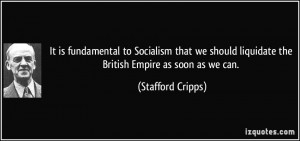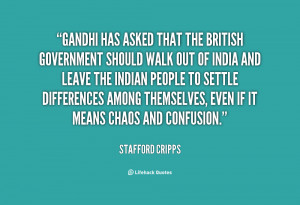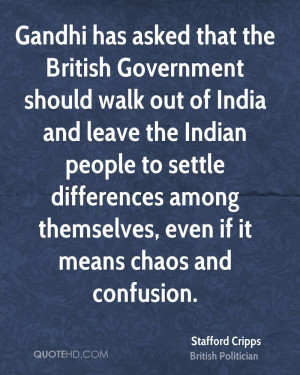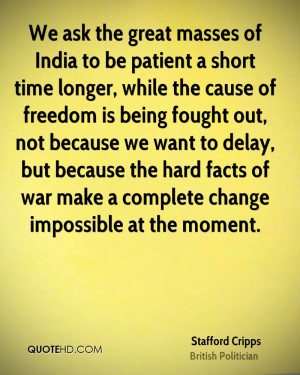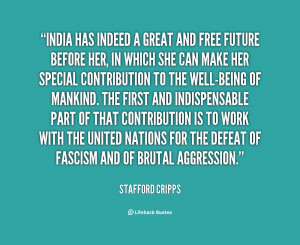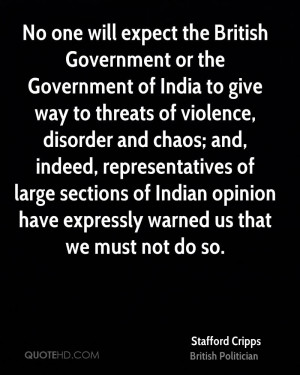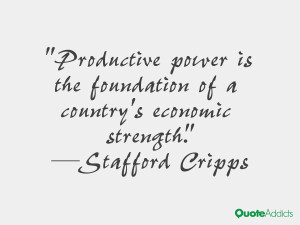Stafford Cripps — British Politician born on April 24, 1889, died on April 21, 1952
Sir Richard Stafford Cripps CH FRS was a British Labour politician of the first half of the 20th century. During World War II he served in a number of positions in the wartime coalition, including Ambassador to the Soviet Union and Minister of Aircraft Production. After the war he served in the Attlee Ministry, firstly as President of the Board of Trade and between 1947 and 1950 as Chancellor of the Exchequer. In the latter position, Cripps was responsible for laying the foundations of Britain’s post-war economic prosperity, and was, according to historian Kenneth O. Morgan, “the real architect of the rapidly improving economic picture and growing affluence from 1952 onwards.” The economy improved after 1947, benefiting from the American money given through the Marshall Plan, but was hurt by the forced devaluation of the pound in 1949. He kept rationing in place to hold down consumption during an "age of austerity," promoted exports, and maintained full employment with static wages. A leading spokesman for the left and cooperation in a Popular Front with Communists before 1939, he grew wary of the Soviet Union after his term as ambassador, 1940–42. He failed in his efforts to resolve the wartime crisis in India, where the proposals he drafted himself were too radical for Churchill and the cabinet, and too conservative for Gandhi and his people. The public especially respected "his integrity, competence, and Christian principles.".. (wikipedia)
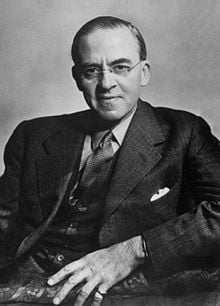
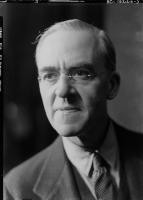
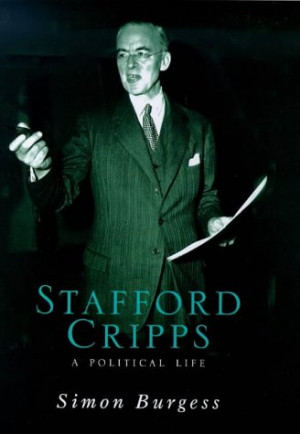
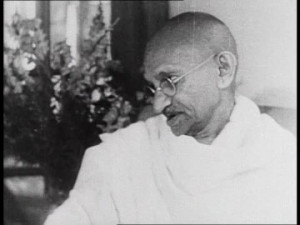
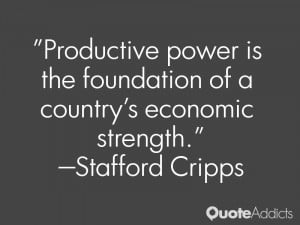
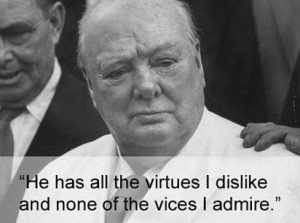
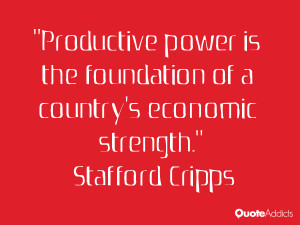
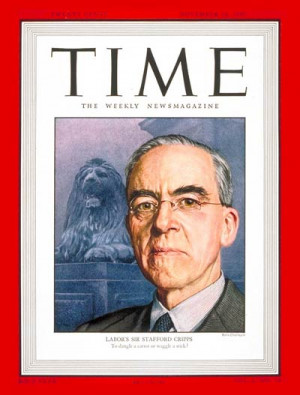

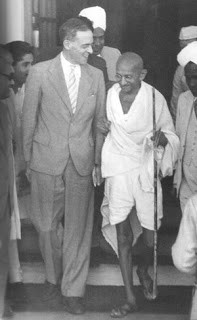
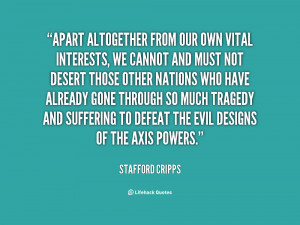
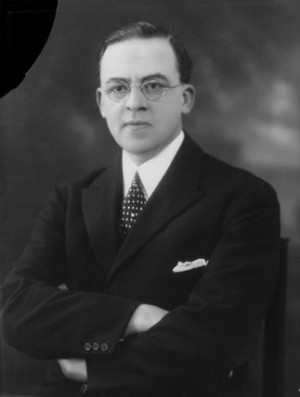
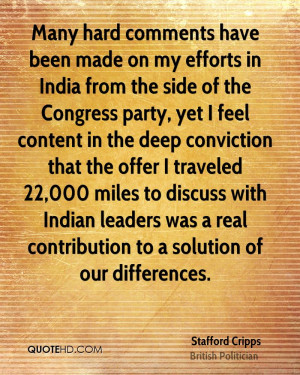
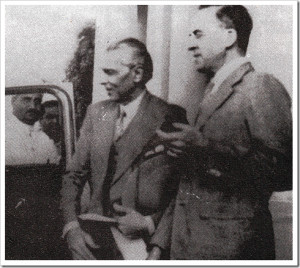
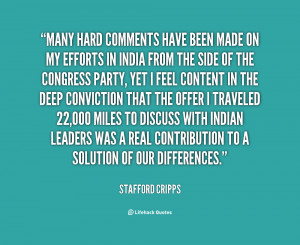
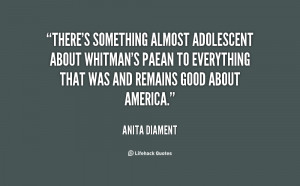
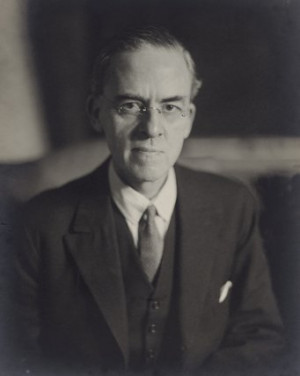
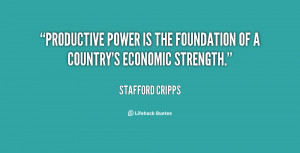
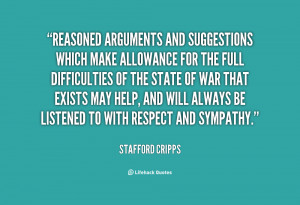

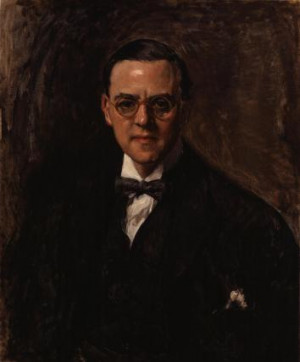

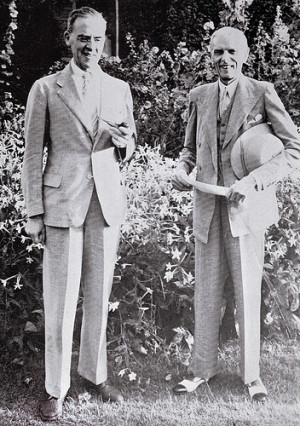

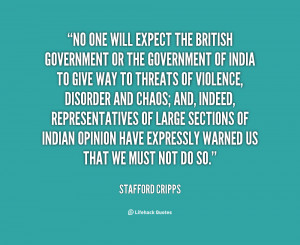
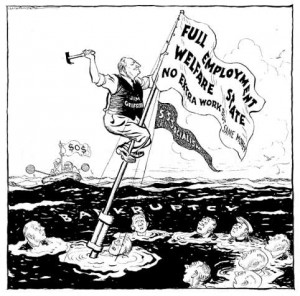

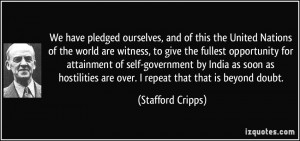
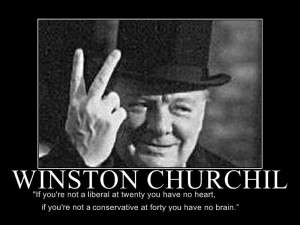
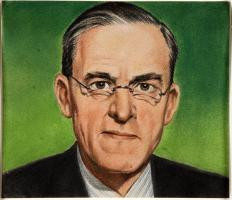
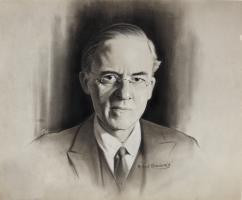

![Daniel G. Hill, [ca. 1960]](https://cdn.quotesgram.com/small/74/37/1369858662-Joe_Appiah__26_Fiancee_Peggy_Cripps.jpg)
